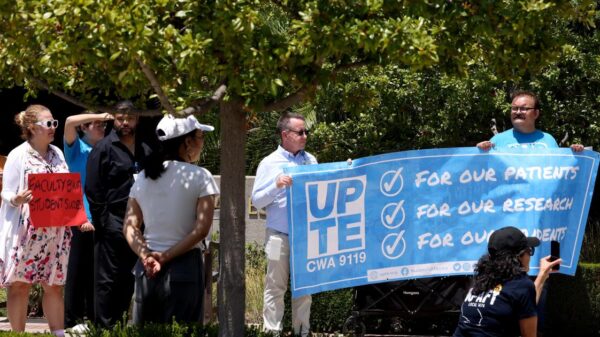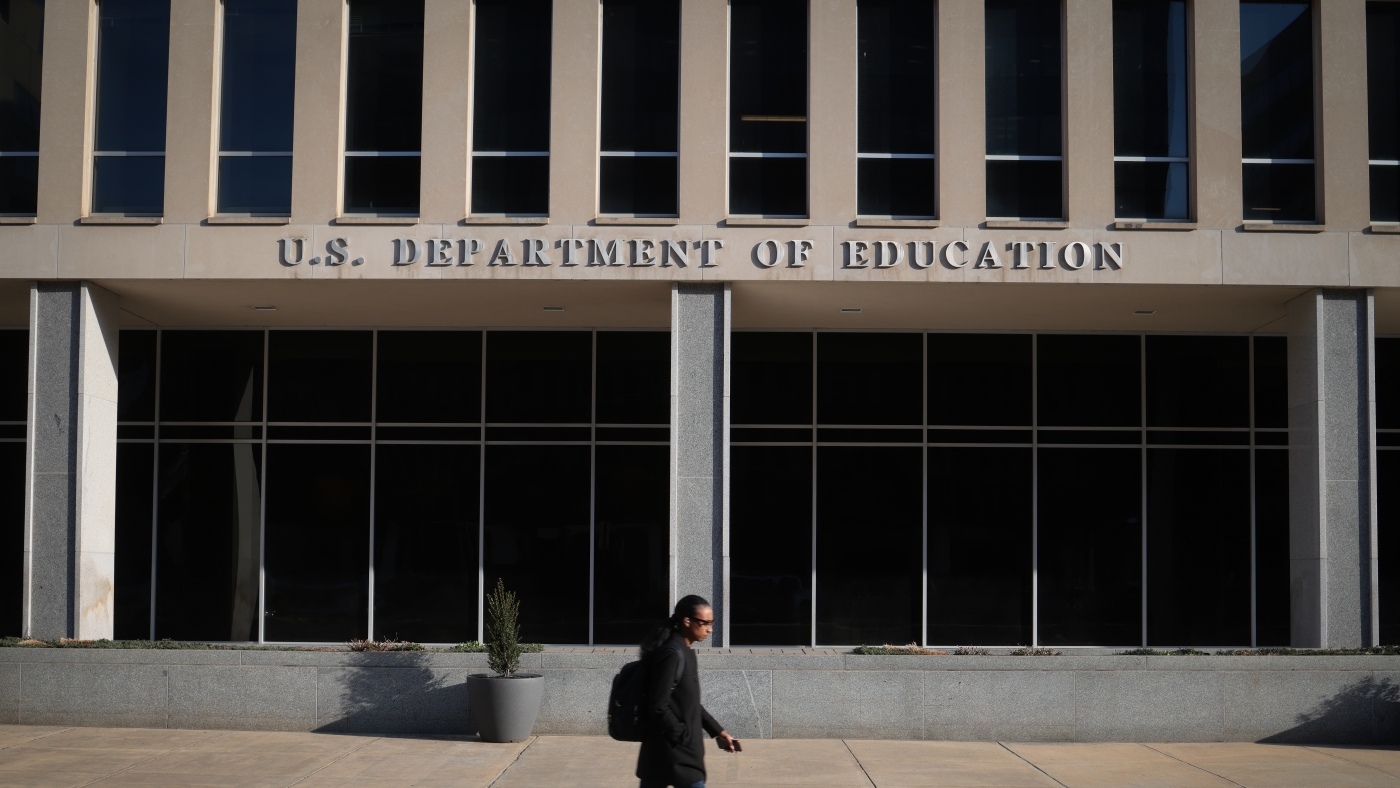BREAKING: A federal judge has ruled that the Trump administration’s actions violated the First Amendment rights of Education Department employees by replacing their personalized out-of-office email notifications with partisan rhetoric. This urgent decision, issued by U.S. District Judge Christopher Cooper on October 6, 2023, has immediate implications for federal workers and raises significant concerns about political interference in government communications.
The judge’s ruling came after the American Federation of Government Employees (AFGE) filed a lawsuit challenging the administration’s directive. Judge Cooper emphasized that “when government employees enter public service, they do not sign away their First Amendment rights,” highlighting the constitutional protections that should shield public servants from political exploitation.
In his decision, Cooper ordered the Education Department to restore personalized email messages for union members without delay. If this is not feasible, he mandated the removal of the partisan language imposed on all employees’ email accounts—union members or not. The ruling addresses a critical issue as federal employees face increasing pressure from political agendas.
In a troubling turn of events, during the government shutdown, Education Department employees were instructed to create standard out-of-office replies. Instead of these neutral messages, the department’s deputy chief of staff for operations replaced them with a politically charged statement that blamed Senate Democrats for the funding lapse. The message read: “Unfortunately, Democrat Senators are blocking passage of H.R. 5371 in the Senate, which has led to a lapse in appropriations.” This unauthorized change caused considerable distress among employees who reported that they had not consented to such messaging.
Rachel Gittleman, president of AFGE Local 252, condemned the actions of the Trump administration, stating, “This ridiculous ploy was a clear violation of the First Amendment rights of the workers at the Education Department.” She described the directive as one of many ways that the department’s leadership has threatened and demoralized dedicated public servants over the past ten months.
Cooper’s ruling underscores the importance of nonpartisanship in the federal civil-service system, a principle rooted in the Hatch Act of 1939. This law aims to protect public employees from political coercion and ensure that federal operations remain nonpartisan.
The judge’s critique of the Education Department was sharp, asserting that the department had transformed its workforce into political spokespersons through official email accounts. He warned that while the administration may have attempted to advance a political agenda, it ultimately overstepped legal boundaries.
As the situation develops, officials at the Education Department have not yet responded to requests for comment regarding the ruling. This decision marks a significant moment in the ongoing debate over the intersection of government operations and political messaging, with far-reaching implications for federal employees and the integrity of public service.
Next Steps: The Education Department is expected to comply with the court’s order swiftly. Observers are keenly watching for how the department will navigate the implementation of this ruling and what measures it will take to uphold the First Amendment rights of its employees.
This urgent ruling not only reinforces constitutional protections for government workers but also raises critical questions about accountability and the ethical boundaries of political messaging within government agencies. As more details emerge, this case will undoubtedly be a focal point in discussions about government transparency and employee rights.





































































